Our Work
Founded in 2014, the Center on Privacy & Technology is a leader at the intersection of privacy, surveillance, and civil rights.
Latest Work
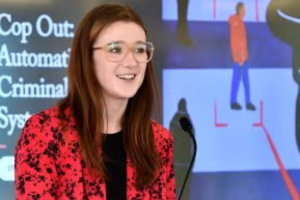
Roundtable Discussion of Cop Out: Automation in the Criminal Legal System
The Center hosted a roundtable discussion during Georgetown's Tech Society Week previewing the Center's new interactive digital narrative Cop Out: Automation in the Criminal Legal System. The discussion featured Assia Boundaoui, journalist and filmmaker behind The Feeling of Being Watched and Inverse Surveillance Project; Nasser Eledroos, Managing Director of Northeastern Law’s Center on Law, Innovation, and Creativity; Meg Foster, Justice Fellow at the Center on Privacy & Technology; Puck Lo, Research Director at Community Justice Exchange; Freddy Martinez, Senior Researcher at Project on Government Oversight; and Paromita Shah, co-founder and Executive Director of Just Futures Law.

Article in the University of Richmond Public Interest Law Review
Former Center on Privacy & Technology Associates Jameson Spivack and Korica Simon co-published an article in the University of Richmond Public Interest Law Review entitled "From Ban to Approval: What Virginia's Facial Recognition Technology Law Gets Wrong." The article uses Virginia’s recently passed legislation as a case study to show how legislation can fail to properly account for the harms of facial recognition technology in the law enforcement context.
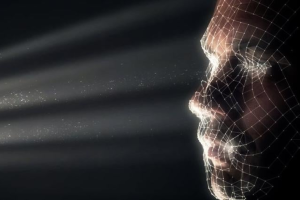
Gizmodo: Police Use of Facial Recognition Technology Risks Wrongful Arrests
Clare Garvie, author of A Forensic Without the Science, was quoted in a Gizmodo article about facial recognition technology being misused as evidence and wrongfully arresting a Black man.
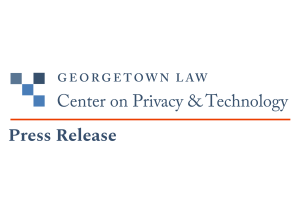
New Privacy Center Report Argues Face Recognition Technology Should Not Be Used for Criminal Investigations
The Privacy Center published "A Forensic Without the Science: Face Recognition in U.S. Criminal Investigations." Authored by Senior Associate Clare Garvie, the report examines how face recognition technology, a biometric, forensic investigative tool, may be particularly prone to errors, bias, and manipulation. Read the full press release.

“New Report on Face Recognition: A Forensic Without the Science” blog
On December 6, 2022, the Privacy Center released our "A Forensic Without the Science: Face Recognition in U.S. Criminal Investigations." Senior Associate Clare Garvie, the primary author on the report, summarized the highlights of the report and commented further on face recognition on our blog. Read the whole blog here.

A Forensic Without the Science Featured in National Association of Attorneys General Panel
Clare Garvie presented on an informational panel about face recognition alongside Patrick Grother and Gary Marchant for the 2022 National Association of Attorneys General Annual Meeting. The Center's newly released report A Forensic Without the Science: Face Recognition in the U.S. Criminal Investigations was circulated in advance as a CLE resource.
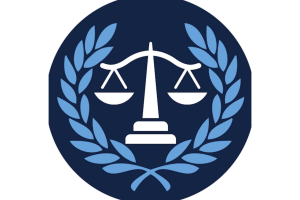
American Dragnet Entered Into House Judiciary Committee Record
Representative Lofgren (D-CA 19) entered the Center's report, American Dragnet, into the record for the Digital Dragnets hearing in the House Judiciary Committee.

Op-Ed: Virginia’s New Law Regulating Police Use of Face Recognition Technology Is Inadequate (Op-ed)
Associate Jameson Spivack published an op-ed in the Virginian-Pilot arguing that Virginia's new law regulating police face recognition technology does not adequately protect against the unique risks it poses.
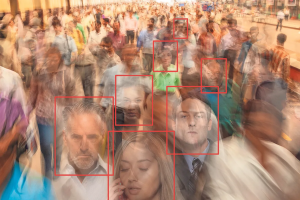
Op-Ed: Selling Utility Data to ICE Restricts Access to Essential Utilities (X)
Associate Jameson Spivack was quoted in The Sunday Times about potential police use of face recognition technology in Ireland.

Comments on the Privacy Risks of Period-Tracking Apps
Associate Korica Simon was quoted in USA Today speaking about period-tracking apps’ collection of user data and what privacy concerns such apps raise in the wake of the leaked Supreme Court draft opinion in Dobbs v. Jackson Women’s Health Organization.
